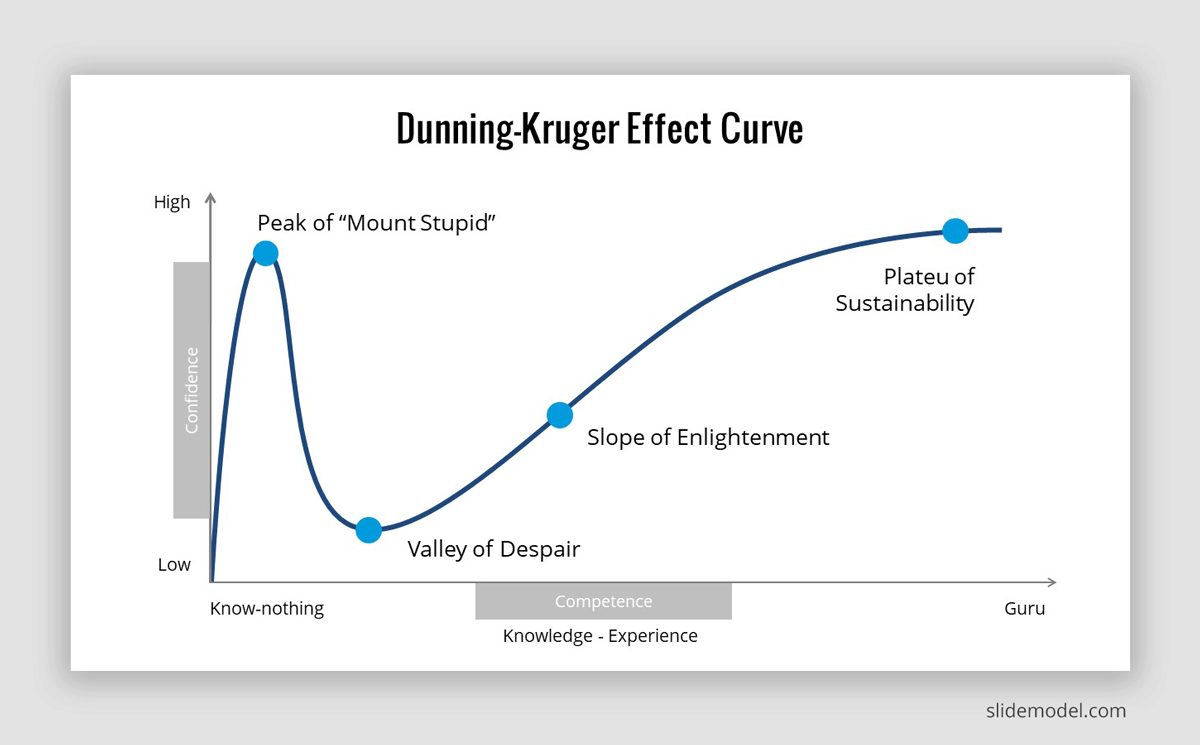When you think of the great railroad barons of the 19th century, names such as Vanderbilt, Carnegie, and Rockefeller come to mind. These titans of industry built empires that spanned the American continent, transforming the way people and goods moved across the United States. But the legacy of the railroads is more than just a story of innovation and entrepreneurship. It's also a lesson in the power of long-term thinking and strategic planning. Like a train on its tracks, successful businesses run on a clear vision and a well-defined strategy to stay on course and accrete shareholder value.
I recently had the pleasure of listening to a captivating episode of the Tim Ferriss Show with Morgan Housel, author of "The Psychology of Money" which has now sold over 3 million copies. The episode was packed with amazing life lessons, book recommendations, stories, personalities, history, and a broad range of topics such as writing, family, investing, building legacies, and many more. Below I share a lesson from the podcast, a couple of books that I have added to my list, an inspiring profile, a moment in time on the continent, and a closing thought.
A lesson
One of my key takeaways from the podcast was on the importance of getting your goalpost to stop shifting which Morgan notes as not only the hardest financial skill to master but also one of the most important. He goes on to state the importance of maintaining focus rather than falling for social signals as a critical step towards financial independence and autonomy. This insight also reminded me of an article called "Increasing the Pull of the Future Self" from The Decision Lab on intertemporal tradeoffs between present and future benefits and how to avoid discounting our future selves, a phenomenon known as temporal discounting. Temporal discounting is defined as "the widespread tendency to underweight the impact of future outcomes compared to present ones."
To the extent that we can use money to gain independence and autonomy, that is, I think, as close as it comes to a universal want and thing that we can use money for.
— Morgan Housel
Two books
I added two books to my reading list from Morgan's recommendations. The first is “Fortune’s Children: The Fall of the House of Vanderbilt,” which details how the Vanderbilt heirs dissipated the equivalent of US$185 billion in under 50 years. This story is a fascinating cautionary tale about the challenges of preserving wealth across multiple generations. I often have discussions with friends and colleagues on why we do not see many multi-generational businesses on the continent, a topic Taffy and I covered on an episode of the Scale Up Africa podcast with Tsitsi Mutendi as we discussed building legacy businesses through collaboration. A highlight from that conversation was that an important aspect of building generational wealth is knowing how to keep, and build, wealth.
The second book I picked up in Morgan's conversation with Tim is “The Great Depression: A Diary” by Benjamin Roth. This book provides a firsthand account of what it was like to live through one of the most challenging economic times in history, offering valuable insights for navigating difficult times in our own lives. I have always been fascinated by economic, political, and financial history and how individuals, companies, countries, and civilisations navigated the threats, opportunities, and technological changes they faced. Looking forward to diving into both books during the course of the year.
You stand apart in the private investing world by having values and a view of the world that is differentiated in some way. And those values do not matter at all unless people know about them. You need to be going out there, showing the world how you think, what you think, who you are, waving your arms. That’s the purpose of hiring someone like me to be a writer.
— Morgan Housel
A profile
Last week I came across the inspirational profile of Ndamukong Suh, the Founder and Managing Partner of House of Spears Management, LLC while watching an episode of Bloomberg's Quicktake. Ndamukong is an engineer, entrepreneur, investor, an all-pro defensive lineman for the National Football League's (“NFL”) Tampa Bay Buccaneers, and he counts Warren Buffet as a close mentor! Suh has also used his platform as an investor to expand his business empire into technology, real estate, and hospitality.
Aside from his entrepreneurial accolades and great business mentors, Suh strives to inspire the next generation of young athletes and “unexpected” investors to create generational wealth and, through the Suh Family Foundation that he and and his wife, Katya, co-founded with a mission to work hand-in-hand with communities to supply resources across three pillars: education, health and wellness, and empowerment.
Born to a Cameroonian father who owns an HVAC business and a school teacher Jamaican mother, Suh has combined both of his parents’ passions in business and education to teach financial literacy.
A moment in time on the continent

A closing thought
Overall, the podcasts, books, and articles that hit my radar over the past couple of weeks served as a reminder that the key to building a legacy of success is to focus on what truly matters to us and avoid getting caught up in external expectations or social signals. Further, the more we understand the psychology of money, the more we will understand how to begin unlocking our own paths toward financial independence and freedom. I would also like to believe that at every level be it in family, business, public office, and society at-large, upholding the principles of good governance must remain the paramount aspiration to ensure sustainability.

You do not rise to the level of your goals. You fall to the level of your systems.
— James Clear, author of Atomic Habits
I am curious to hear and learn about how you have navigated or continue to navigate your path towards financial independence and autonomy. What systems do you have in place and what are some of the seminal moments you’ve had that continue to unravel in delightful ways?